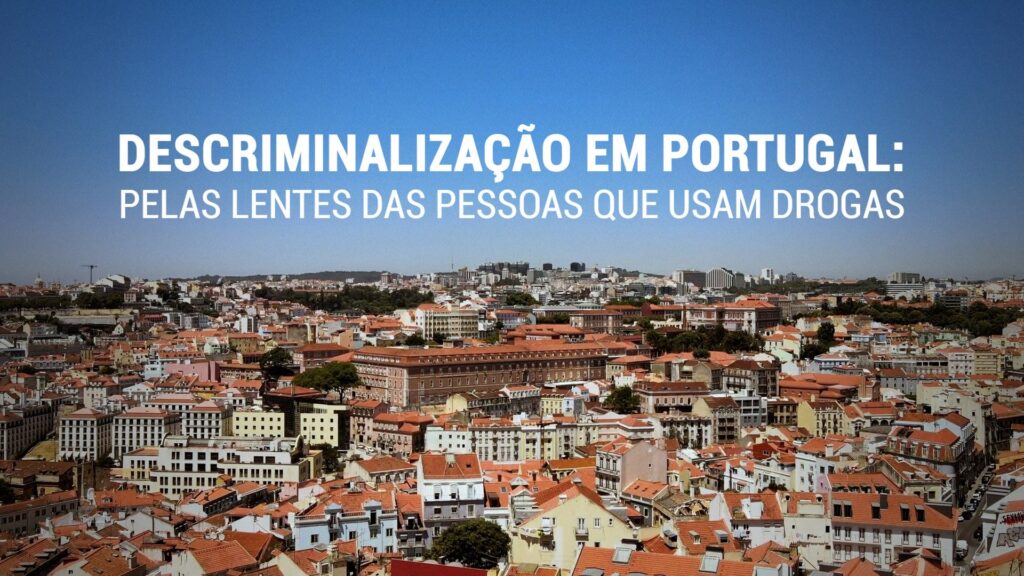
The Portuguese model of (partial) decriminalisation is an important first step, but it is not the end point. In conclusion, ‘decriminalisation’ must mean just that: not partial decriminalisation, no compulsory drug dissuasion committees, but full decriminalisation of people who use drugs. A full removal of all criminalising legislation and policy, as well as penalisation and sanctioning, related to people’s personal drug use. Further to decriminalisation, legalisation and regulation are urgently required to decrease harms that can be associated with drug use.
The shift towards harm reduction resulted in significant successes:
- Drug death rates in Portugal are now among the lowest in the EU.
- Drug use prevalence is now reasonably low when compared to other European countries, including those that criminalise drug use. Portugal now has some of the lowest usage rates in Europe among those aged between 15-34.
- The number of new HIV cases attributed to injecting drug use has dramatically decreased, from 518 in 2000 to just 13 in 2019.
- Around 17 thousand (over half) of people who use opioids in Portugal are in some form of opioid substitution treatment, slightly above the European average.
- More than 1 million syringes are being distributed annually. This is significantly down since 2003, when the figure was at 2.6 million, but is still one of the highest in the EU.
- Between 2000-2009, there was a significant increase in outpatient treatment units. However, the number of individuals in treatment for drugs steadily decreased between 2009-2018, which may be linked to significant reductions in health and welfare budgets following the impact of the global financial crisis.
“Despite all the importance of harm reduction work, it has always been underfunded and ruled by precariousness, not only in Portugal but in the world in general. Harm reduction has been treated as a low cost intervention, despite all the effectiveness it has shown and this has to be corrected, it has to be treated with the dignity it deserves.” Says Marta Pinto, scientist of the University of Porto.